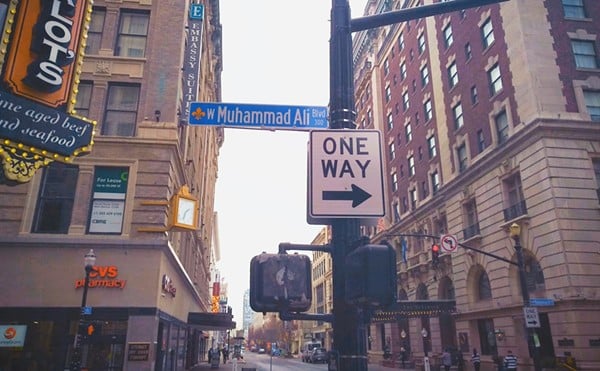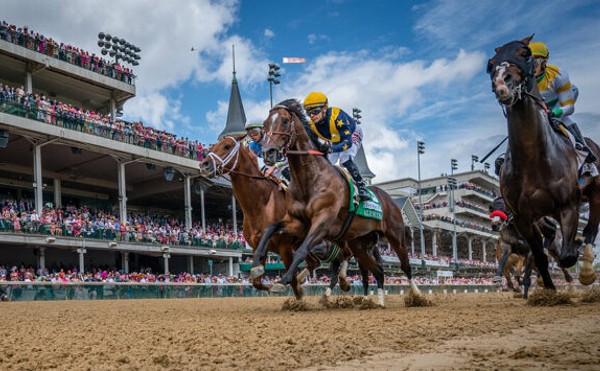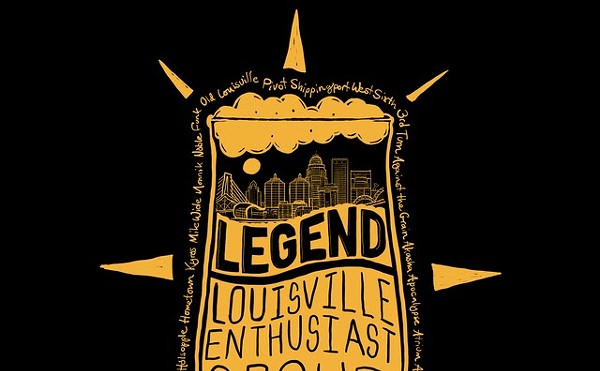In his latest book, “Boom — Voices of the Sixties: Personal Reflections on the ’60s and Today,” former NBC anchorman Tom Brokaw looks back at the period in contemporary American history that just won’t go away. But Brokaw doesn’t just tell war stories; he conducts extensive interviews with people who were players then and now to trace threads that still have bearing on today’s world. For example, one particularly interesting section focuses U.S. Sen. Jim Webb, the conservative Democrat who last year knocked off the smug incumbent George Allen, he of “macaca” infamy. Webb was a gung-ho officer who fought in Vietnam, and clearly that experience still informs his worldview in 2007.
Despite receiving mixed critical reviews, Brokaw’s book should spark fresh debate about that historic and contentious time. He was in town Tuesday night for the Kentucky Author Forum, where Pulitzer Prize-winning journalist Rick Atkinson interviewed him. We caught up with Brokaw via e-mail.
LEO: Please describe a few things you learned while writing this book that surprised you.
TOM BROKAW: I am still surprised it has been 40 years since 1968. In 1968, 40 years earlier would have been 1928.
LEO: Have any of your interview subjects taken exception with either how they and their positions were characterized, or with the book in general?
TB: If they have objections, I haven’t heard from them. It was such a contentious time, I did expect some participants to say, “Hey, what about me?” But there’s been none of that.
LEO: Clearly events in history become synthesized into myth, and we all can point to many of the 1960s myths. But there is one I’d like to hear your take on: Speaking to my friends who were old enough to have participated in the activism, they talk about their sense of possibility at the time. They had genuine hope for change, and yet, 40 years later a lot of the most urgent problems are significant: poverty, race and so on. Do you think there's reason to hope for meaningful change?
TB: I remain an optimist, but I think the great lesson of the ’60s is that the hard problems require hard work. So many of the activists didn’t stay on the job. They gave up too early.
LEO: Comparing the Vietnam War to the war in Iraq, one big difference is the lack of a draft. Hence, the protest movement is pretty small. The war is fought by a small number of people who keep getting sent back. What’s it going to take to mobilize the general public? How does elite privilege factor into this?
TB: The elite privilege is a major component of what’s wrong with the current demands on those who volunteer for military service. It’s morally and politically wrong for a democratic republic to divide its population between those who volunteer to go into harm’s way — and those who choose to stay home and make no sacrifice.
LEO: In your view, what is the most lasting positive vestige of the 1960s?
TB: The music is the consensus positive legacy. The great artists of that time remain popular in concert tours.
LEO: What's the worst?
TB: The polarization within the political arena with so little attempt by either side to find common ground.
Contact the writer at [email protected]





